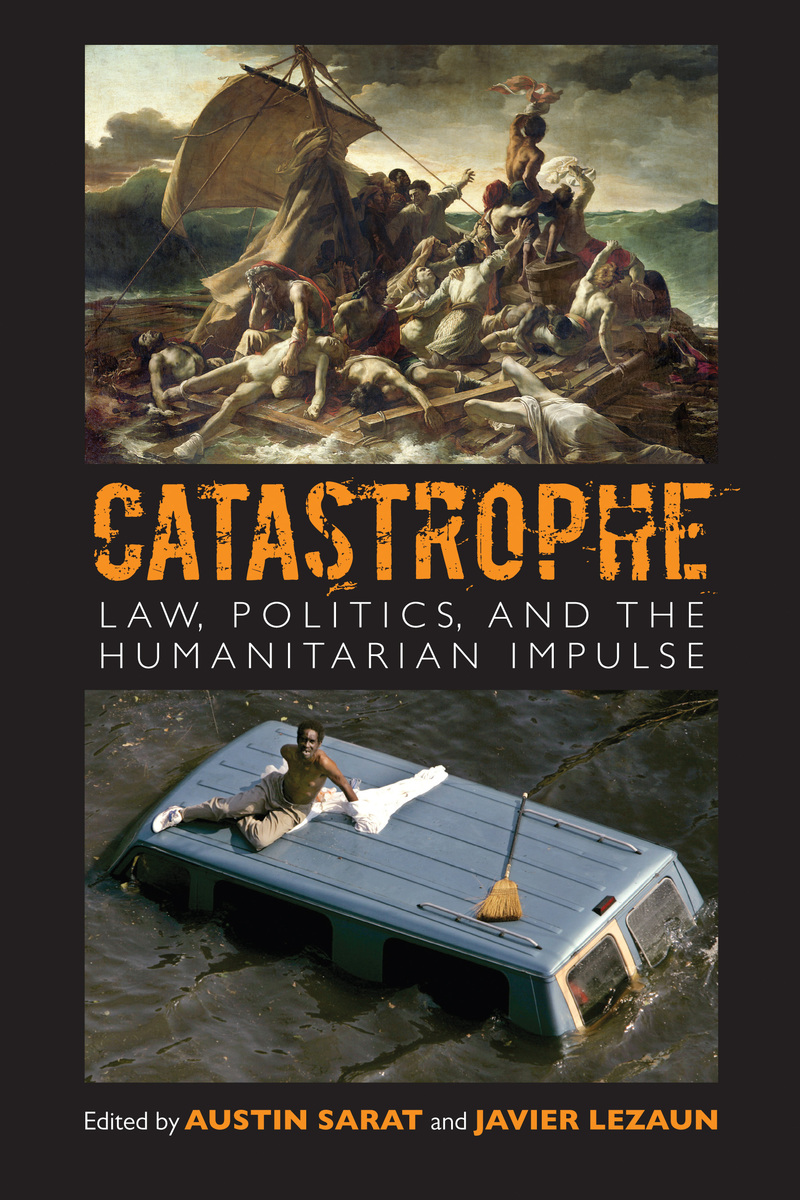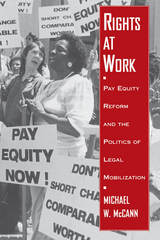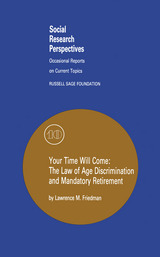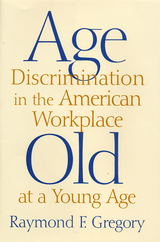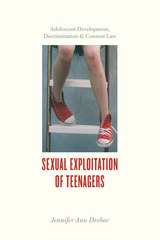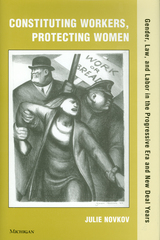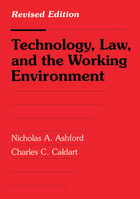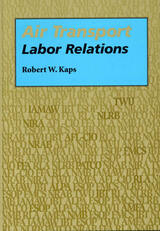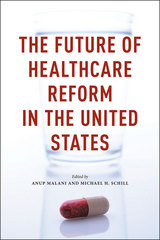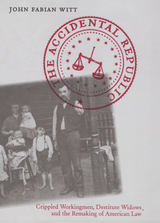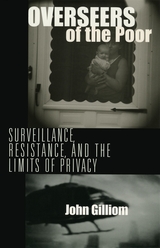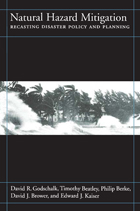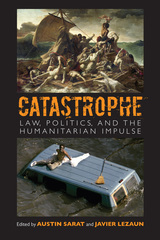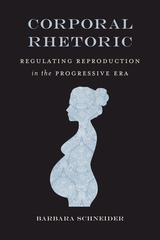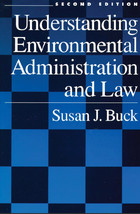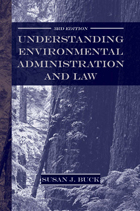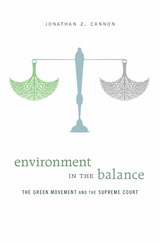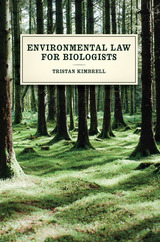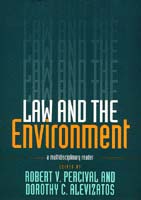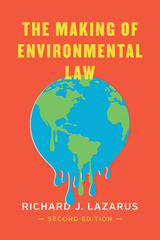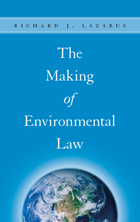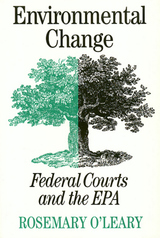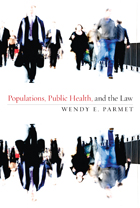Catastrophe: Law, Politics, and the Humanitarian Impulse
University of Massachusetts Press, 2009
Paper: 978-1-55849-738-2 | eISBN: 978-1-61376-159-5 (institutional)
Library of Congress Classification KF3750.S27 2009
Dewey Decimal Classification 344.7305348
Paper: 978-1-55849-738-2 | eISBN: 978-1-61376-159-5 (institutional)
Library of Congress Classification KF3750.S27 2009
Dewey Decimal Classification 344.7305348
ABOUT THIS BOOK | AUTHOR BIOGRAPHY | REVIEWS
ABOUT THIS BOOK
From 9/11 to Katrina, from Darfur to the Minnesota bridge collapse, ours is an "age of catastrophe." In this era, catastrophic events seem to have a revelatory quality: they offer powerful reminders of the fragility of our social and institutional architectures, making painfully evident vulnerabilities in our social organization that were otherwise invisible. By disrupting the operation of fundamental mechanisms and infrastructures of the social order, they lay bare the conditions that make our sense of normalcy possible.
At a time when societies are directing an unprecedented level of resources and ingenuity to anticipating and mitigating catastrophic events, Catastrophe: Law, Politics, and the Humanitarian Impulse examines the tests that catastrophe poses to politics and humanitarianism as well as to the law. It explores legal, political, and humanitarian responses during times when the sudden, discontinuous, and disastrous event has become, perhaps paradoxically, a structural component of our political imagination. It asks whether law, politics, and humanitarianism live up to the tests posed by disaster, and the role all of them play in creating a more resilient world.
Taken together the essays in this book ask us to see through and beyond the myths that surround catastrophe and our responses to it. They ask us to rethink our understanding of catastrophe and to imagine new legal, political, and humanitarian responses.
In addition to the editors, contributors include Thomas Birkland, Michele Landis Dauber, Kim Fortun, Edward Rackley, Peter Redfield, Peter H. Schuck, and Susan Sterett.
At a time when societies are directing an unprecedented level of resources and ingenuity to anticipating and mitigating catastrophic events, Catastrophe: Law, Politics, and the Humanitarian Impulse examines the tests that catastrophe poses to politics and humanitarianism as well as to the law. It explores legal, political, and humanitarian responses during times when the sudden, discontinuous, and disastrous event has become, perhaps paradoxically, a structural component of our political imagination. It asks whether law, politics, and humanitarianism live up to the tests posed by disaster, and the role all of them play in creating a more resilient world.
Taken together the essays in this book ask us to see through and beyond the myths that surround catastrophe and our responses to it. They ask us to rethink our understanding of catastrophe and to imagine new legal, political, and humanitarian responses.
In addition to the editors, contributors include Thomas Birkland, Michele Landis Dauber, Kim Fortun, Edward Rackley, Peter Redfield, Peter H. Schuck, and Susan Sterett.
See other books on: Catastrophe | Disaster relief | Emergency management | Humanitarian Impulse | Sarat, Austin
See other titles from University of Massachusetts Press
